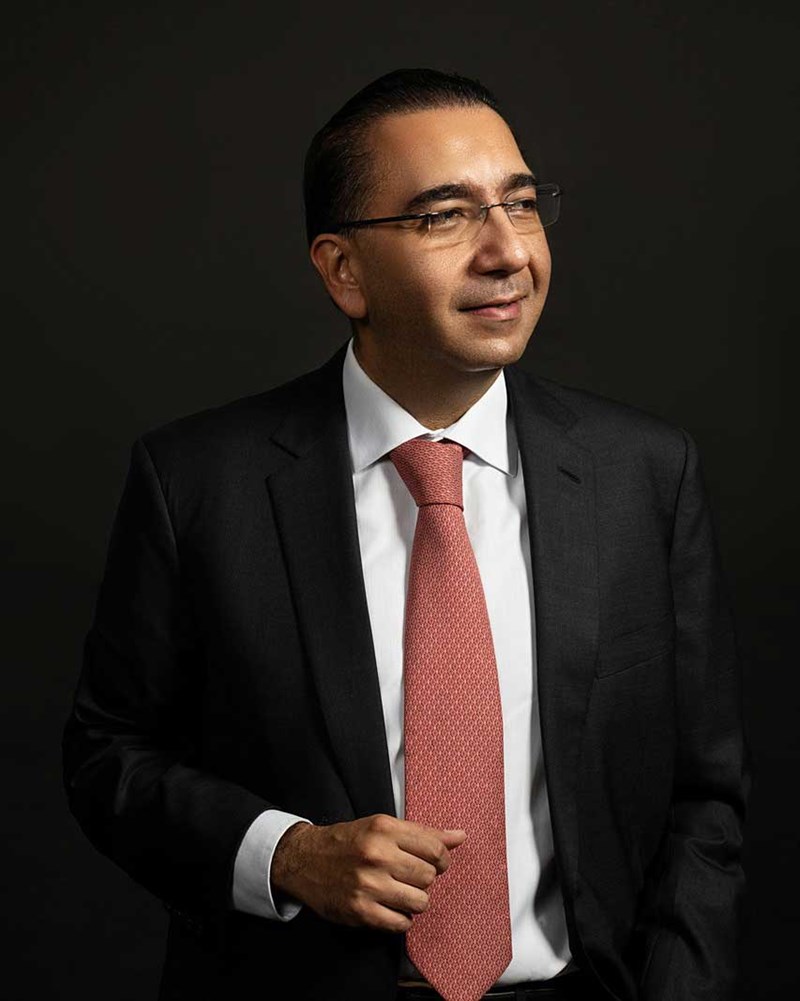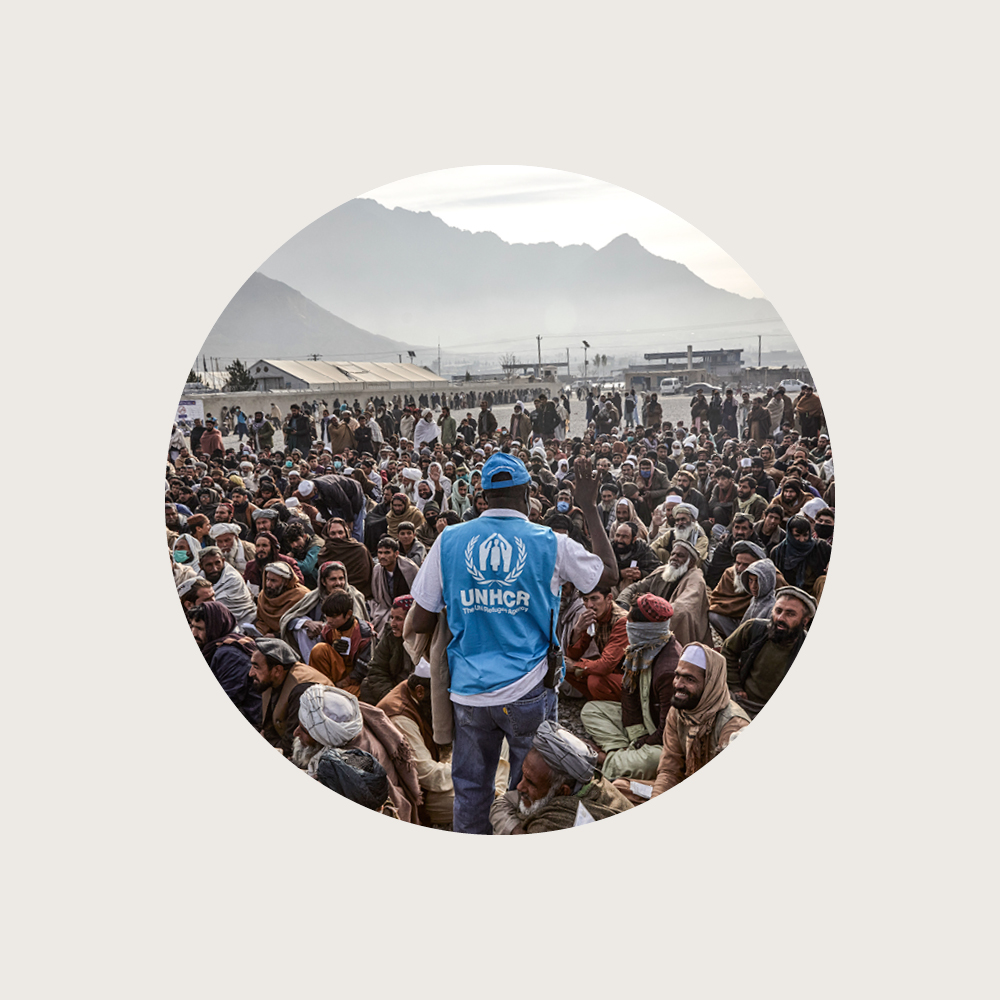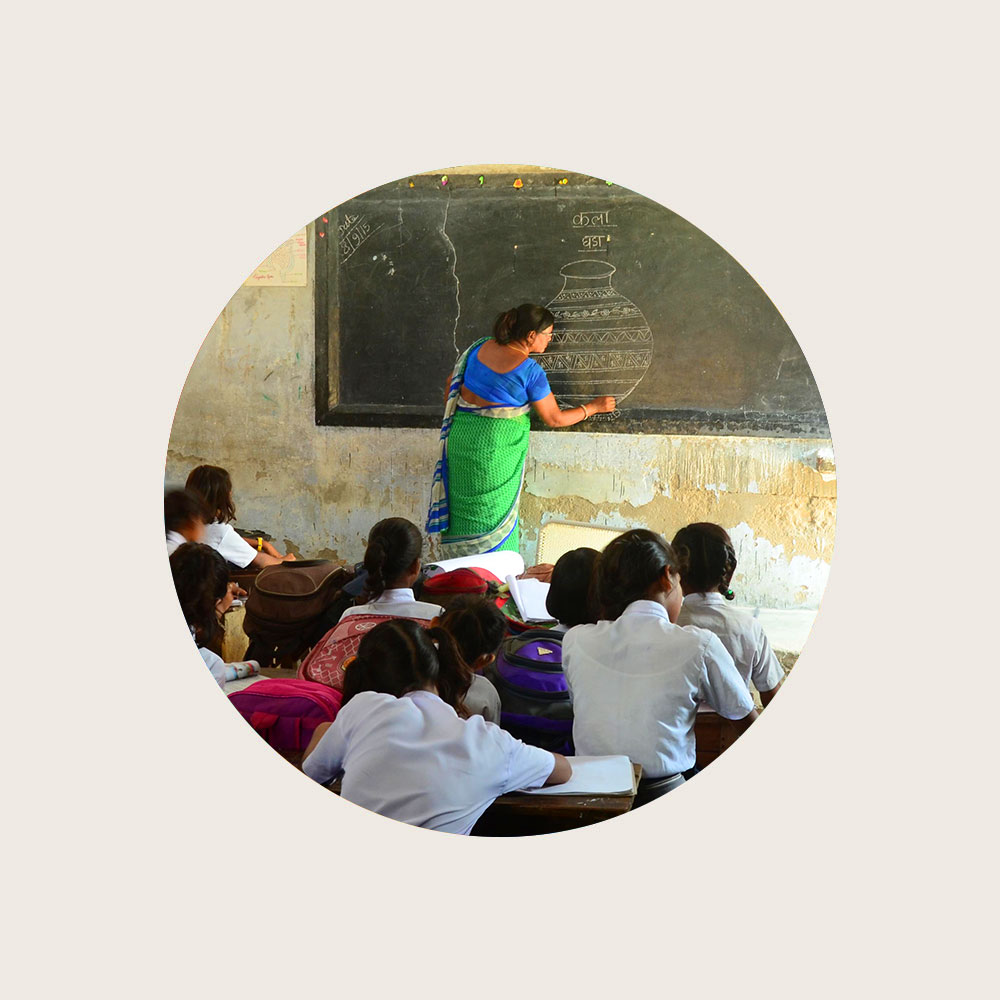Almost half of Asia’s social delivery organisations have reported a decline in funding in the last 12 months, some as much as 50 percent, according to new research. The Hong Kong-based Centre for Asian Philanthropy and Society (CAPS) surveyed more than 2,000 entities and some 120 experts across 17 Asian economies, including India, Pakistan, China, and Singapore.
The Doing Good Index 2022, a detailed collection of datasets, is based on four sub-themes: regulation, tax and fiscal policy, ecosystem, and procurement.
The report points to several underlying structural conditions that are preventing the region's social sectors from growing, such as restrictions on foreign funding, tighter regulations for civil society organisations, and inconsistent taxation policies.
And it makes the case for the region’s governments, corporates, and philanthropists to do more to work together to solve social challenges in Asia, which as a continent has experienced the highest pandemic-induced poverty globally.
"The remarkable resilience of the social sector amidst the current crisis is a beacon of hope, but all the same, fundraising to the sector has never been more challenging,” noted Ruth Shapiro, CAPS founder and chief executive.
Noting that foreign funding had been progressively declining in recent years, particularly in lower-middle-income economies, as overseas aid flows had reduced, she said: “It will be critical for economies in Asia to develop a clear and consistent set of policies to unlock domestic funding that will allow for inclusive and sustainable development."





